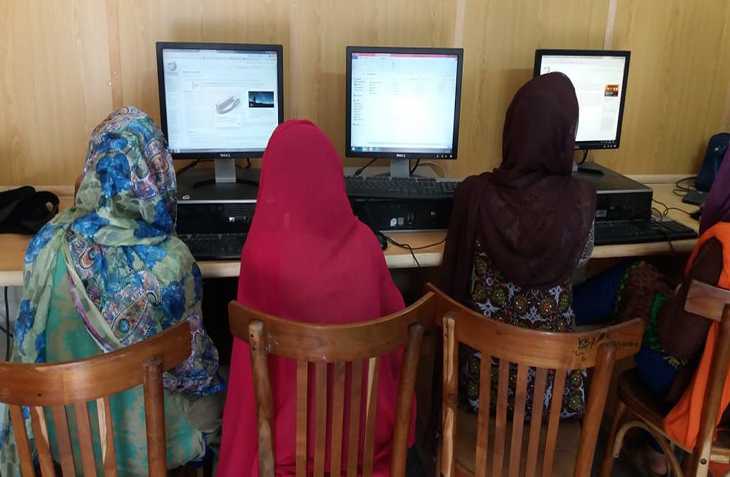
Employment is basic right for individual and collective prosperity. It accommodates food and improves the quality of life, not only of the individual but as well as the family as well. Moreover, it significantly contributes to the growth of economy.
Since the beginning of time, women have been putting in a lot of monetary and social efforts that are ultimately undermined and not appreciated by the society. Their contribution in workforce stays meager because of less business and formative open doors for ladies, social and cultural hindrances, biased environment and low salaries.
Miserable circumstances of women in Pakistan is no special case from majority of developing countries. A shockingly larger part of the populace is monetarily, strategically and socially deprived from their human and legitimate rights. In Pakistan miserable treatment to women is far reaching and it isn’t exceptional to deny them from inheritance rights too. Their endeavors to guarantee the due rights are generally to no end, exposed to segregations in different statuses and their male counterparts are at an advantage in the employment opportunities.
In Pakistan, women work primarily in the home or on the farms. Their support in work outside these areas, especially in conventional business, is very low.
Women in Pakistan are half of the total population, yet they comprise one-fourth of the all workforce. This implies that massive workforce potential is undiscovered, neither adding to economic growth of the country, nor to upgrade their own status in the society. Pakistan has a place with those countries where workforce cooperation of women is one of the least in world up to 51.2%.
Aside from workforce participation, gender gap imbalance against women exist in different areas of work also. For example, women in Pakistan make up a significant segment of poverty stricken section of the society and this is not just limited to the financial limitations but access to facilities, institutions and entrepreneurial facilities too. Likewise gender gap exists towards women in getting to educational institutions, training facilities and social services.
There is obvious gender gap disparity in literacy rate of Pakistan. Literacy in women old aged 10 or more is 47.1% when contrasted with 70.7% in men. Likewise at all levels of education participation, the interest of women in workforce is not as much as men, showing some concealed hindrances from society and common gender gaps in corporate environment. Despite the fact that an ever increasing number of women are deciding on to pursue advanced education however this doesn’t ensure their entrance into corporate sector and their participation at all education levels remain comparatively low.
In spite having low workforce contribution rate, significant number of women takes an interest in economic activities. However their contribution to a great extent is subverted and due to socio-cultural and economic factors, their status is viewed as not as much as men. In Pakistan the case is same as everywhere where human capital value of women is viewed as not as much as men which drives them to participate in informal areas of corporate sector.
Informal employees are contractually recruited with no deed or agreement and are regularly paid at rates which are frequently less than the minimum wage set by the government. Their working conditions are sometimes hazardous; having long working hours, no health advantages, no job stability, subject to work segregation on basis of gender gap, verbal abuse and sexual harassment behavior.
In the wake of these dire circumstances, Digital Institute of Pakistan (DIP) came up with long-term plans to empower the women of Pakistan so that not only they are financially independent but also are able to support their families while sitting at the comfort of their homes.
There are several stereotypes about women adopting technology in our society and culture, Digital Institute of Pakistan (DIP) has plans to imply correct skills and support services for women. Moreover, the training problems launched by several institutions from private and government sectors are inaccessible for women. Alternatively, Digital Institute of Pakistan (DIP) has setup online trainings and services to provide quality education on latest trends for women which they can learn while sitting at their homes. Another stereotype exists in society which has encouraged gender gaps. It can be minimized by emphasizing leadership and managerial skills of women.
Lastly, the lack of functional literacy and obstacles for participation of women in Information Society can be tackled by creating content that is in local language, updated and relevant to women’s needs and interests.

